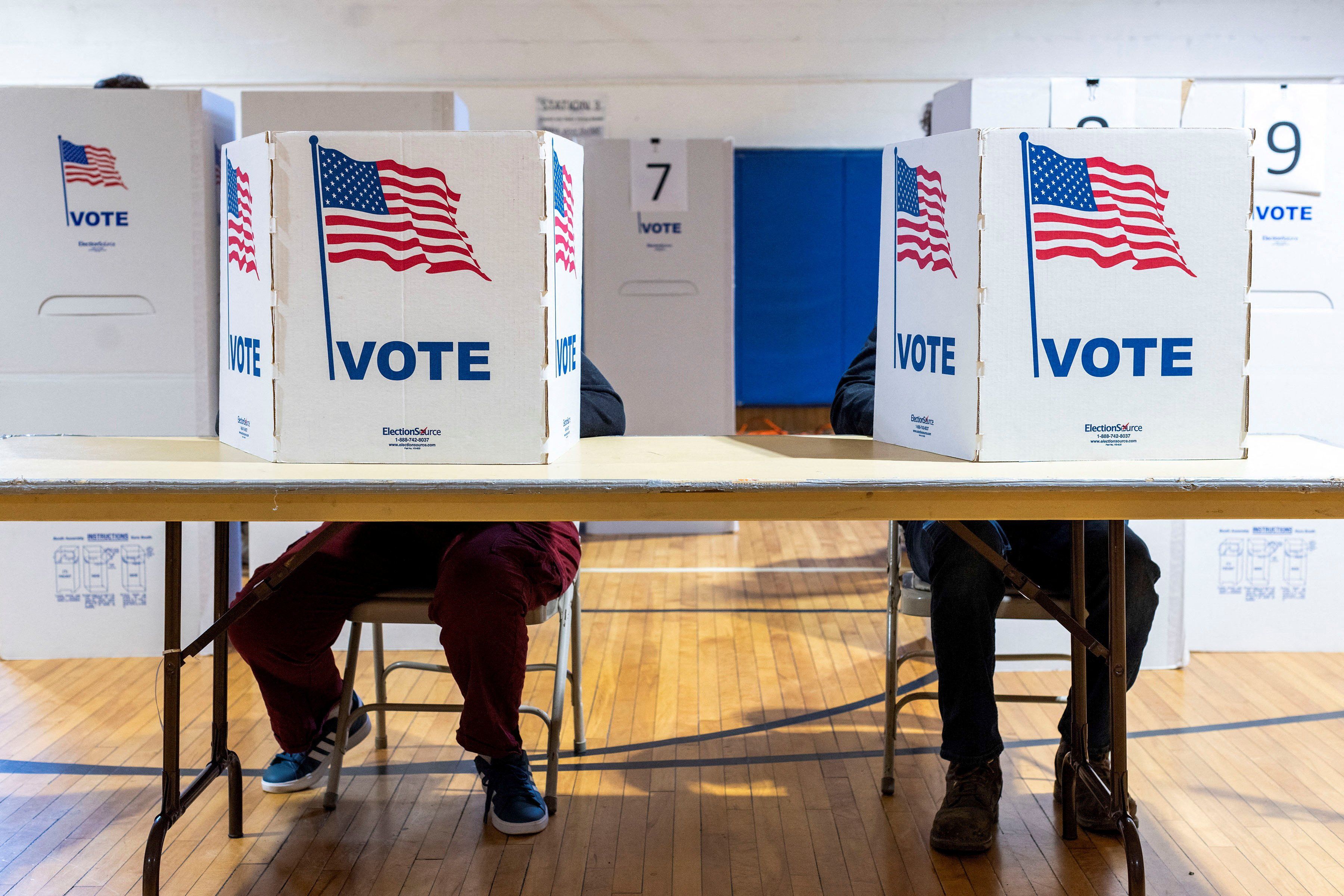8 million: There are 8 million people who are old enough to vote for the first time in this US election. Nearly half of them, 47%, are non-White voters. Latinos alone account for nearly a quarter of the total.
5: Uniquely among the world’s large democracies, the US presidential election is determined not by a straight-up popular vote but by an electoral college system, in which each state apportions votes to the candidates based on state-level results. This means a candidate can become president without actually winning the nationwide popular vote. This has happened five times in US history – most recently when Donald Trump defeated Hillary Clinton in 2016.
270: The golden number in the US presidential election is 270. The candidate that secures 270 electoral college votes – a simple majority of the 538 total electoral college votes up for grabs – is the winner. States are apportioned electoral college votes based on population and congressional representation. California has the most, with 54. Alaska, Delaware, North Dakota, South Dakota, Vermont, and Wyoming are all tied with the fewest, at three each. This year, a huge focus is on Pennsylvania, a key swing state with 19 electoral college votes.
523: The largest electoral college landslide ever came in 1936, when incumbent Democrat Franklin Delano Roosevelttrounced GOP challenger Alf Landon 523 to 8 (at the time, there were just 531 votes on offer, because there were only 48 states.)
0: How many days are Americans given off to vote? Zero. Election Day is, by tradition, the second Tuesday in November – tracing back to 19th-century
considerations about voting
after the harvest was done and allowing ample time for people to make it to faraway polling stations after Sunday church. But the government does not recognize it as a day off, so people must either vote early or duck out of the office for a long lunch.
